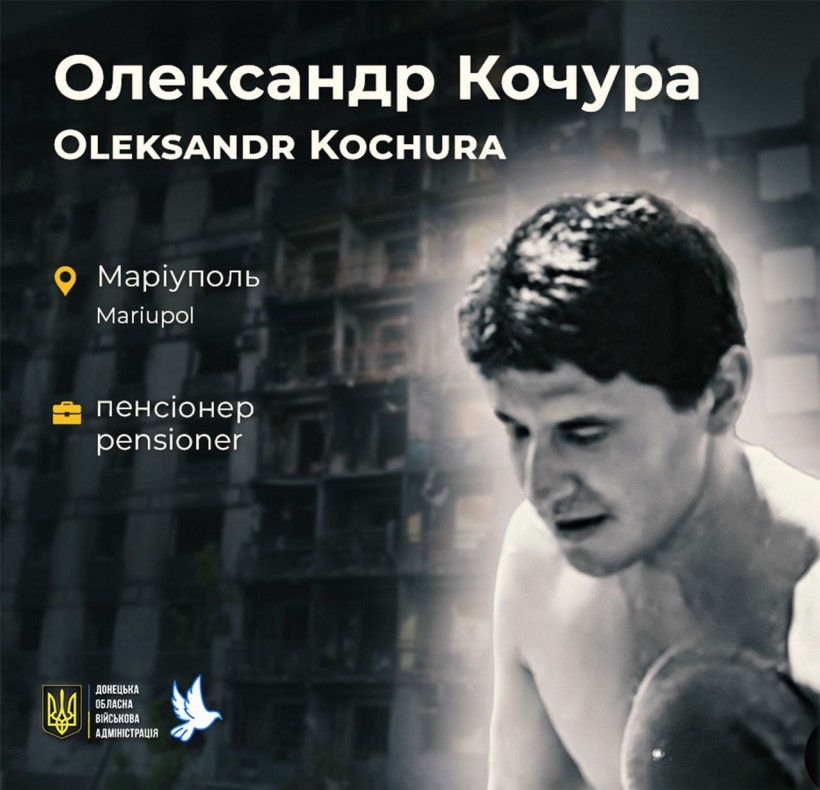
On May 23, 2025, the Donetsk Regional Museum of Local Lore held an online meeting of the “About the Museum over Coffee” series on the topic “Culture without Barriers: Accessibility as a Norm”. This event was held as part of the National Barrier-Free Week as part of the strategy for creating a barrier-free space in Ukraine at the initiative of the First Lady of Ukraine Olena Zelenska.
The main goal of the Week is to raise public awareness of barrier-free accessibility, to form an understanding of its importance for the development of society and to encourage participation in initiatives aimed at creating an inclusive space. After all, barrier-free accessibility is not only about physical accessibility, but above all about the philosophy of a society without restrictions.
The cultural sector plays a key role in promoting this philosophy. It should be open, accessible, and responsive to the needs of diverse audiences. In the context of museums, accessibility means not only architectural solutions, but also inclusive content, clear language, and empathetic approaches to interacting with visitors.
The speaker at the meeting was Olena Havrysh, PhD in Economics, grant management expert, lecturer of grantwriting and fundraising courses, author of inclusive cultural projects, and founder and director of the Charitable Foundation “Family of LH”. She shared practical tools for implementing barrier-free access to culture and practical advice and ways to implement the National Strategy for Creating Barrier-Free Space in Ukraine until 2030.
The event brought together museum workers, researchers, representatives of cultural institutions, secondary and higher education institutions, and local authorities from all over Ukraine. During the discussion, the participants shared their experience of implementing barrier-free solutions in their institutions, discussed inclusive practices, new formats of interaction, support, and engagement of different audiences.
This meeting showed that barrier-free accessibility is becoming a social norm, where everyone is accepted, respected and valued regardless of their origin, gender, age, employment, physical or other individual characteristics. It also proved that culture can and should be a space where everyone feels important, heard, and involved.